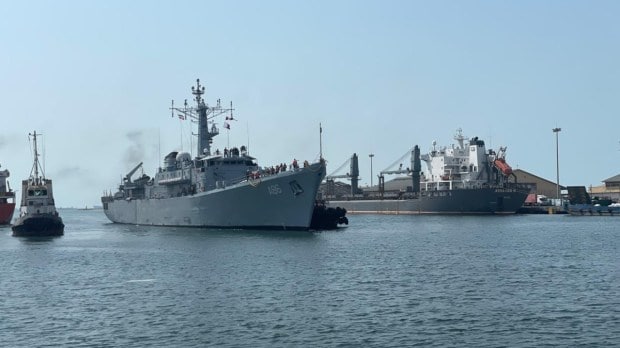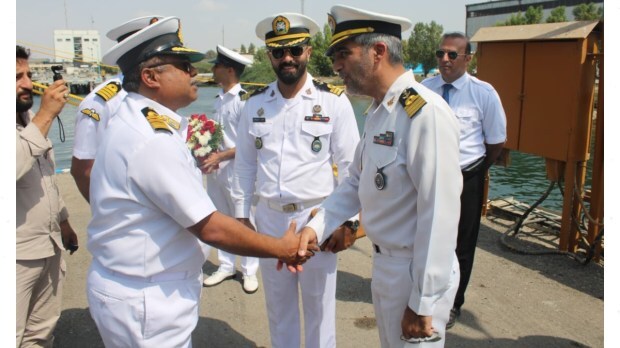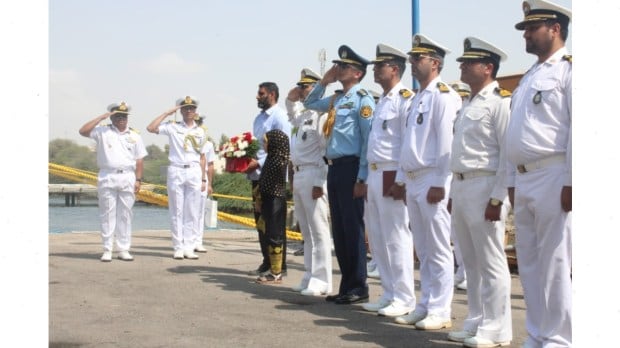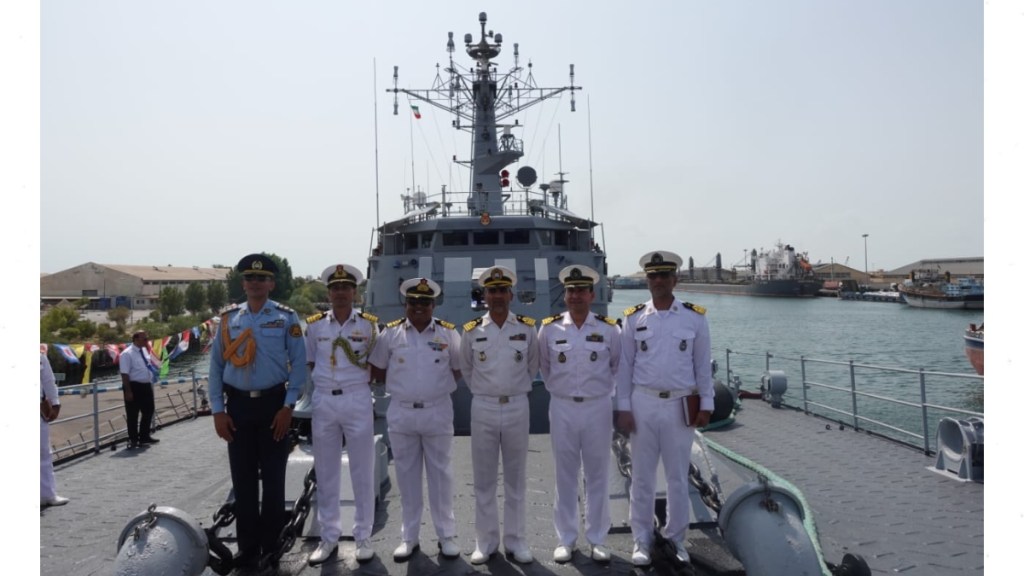As the Middle East faces escalating tensions, particularly between Israel and Iran, the Indian Navy has made a significant move by docking three of its training warships at Iran’s Bandar Abbas port. This deployment, involving INS Tir, INS Shardul, and ICGS Veera, is part of a long-range mission in the Persian Gulf aimed at conducting joint training exercises with the Iranian Navy. On Tuesday the warships were welcomed into port by the Iranian warship IRI Ship Zerah, highlighting the naval collaboration between the two countries.

This strategic naval exercise comes at a crucial time, as Israel signals its intent to take military action against Iran in response to growing regional instability. Israeli Prime Minister Benjamin Netanyahu recently hinted at striking Iran in a video message following conflicts with Hamas and Hezbollah. To prevent this confrontation from escalating into a full-scale war, Indian Prime Minister Narendra Modi called Netanyahu, urging restraint and diplomatic solutions. Amid these heightened tensions, the docking of Indian warships at an Iranian port has geopolitical implications, as India continues to walk a diplomatic tightrope between its energy security interests and its international partnerships.
Indian Naval Presence in the Persian Gulf
The Indian Navy’s First Training Squadron’s visit to Iran highlights the strong maritime ties between the two nations. Earlier this year, in March, Iranian training ships Bushehr and Tonb made a port call in Mumbai, and in February, Iran’s warship Dena participated in the Milan-24 naval exercises hosted by India in Visakhapatnam. These repeated naval interactions signify the growing partnership between the Indian and Iranian navies, particularly in maritime security and interoperability training.

The exercises conducted during this visit are expected to include professional exchanges, cross-training, and maritime security drills. These activities emphasize the importance of maintaining stability in the Persian Gulf, a region that is vital to global energy markets. The Strait of Hormuz, which connects the Persian Gulf with the Arabian Sea, is one of the most critical chokepoints in global trade, handling 30 percent of the world’s seaborne oil shipments.
Safeguarding India’s Energy Interests
India’s strategic interests in the Persian Gulf go beyond defence cooperation. Around 55 percent of India’s energy needs are met by imports from the Persian Gulf, and any disruption to shipping lanes could have a severe impact on the country’s economy. With roughly 80 percent of its energy requirements being met through imports—either indigenous or foreign—the safety of these sea routes is paramount for India.

In response to maritime security incidents in the region, such as the 2019 oil tanker attacks in the Gulf of Oman, India has deployed naval vessels like INS Chennai and INS Sunayna to patrol the region and safeguard its energy supplies. These deployments are a clear signal of India’s commitment to ensuring the safety of its merchant vessels and protecting its maritime interests in the region. The Indian Navy’s Information Fusion Centre – Indian Ocean Region (IFC-IOR), established in Gurugram in 2018, plays a crucial role in monitoring the movement of ships and enhancing maritime domain awareness in the region.
Geopolitical Implications
India’s decision to send warships to Iran at a time of heightened regional tensions underscores the complexity of its foreign policy. “As a nation with deep ties to both Israel and Iran, India must carefully balance its strategic interests. While India supports Israel in its fight against terrorism, it also has crucial energy and defence ties with Iran. India’s presence in the region through joint naval exercises sends a message that it remains committed to maintaining peace and security, even amid growing uncertainty,” a former officer explained.
As tensions continue to rise between Israel and Iran, India’s naval diplomacy in the Persian Gulf may prove vital in maintaining stability in the region. The deployment of its warships reflects India’s broader strategy of ensuring energy security, strengthening maritime partnerships, and contributing to the peace and security of the Indo-Pacific and beyond.

